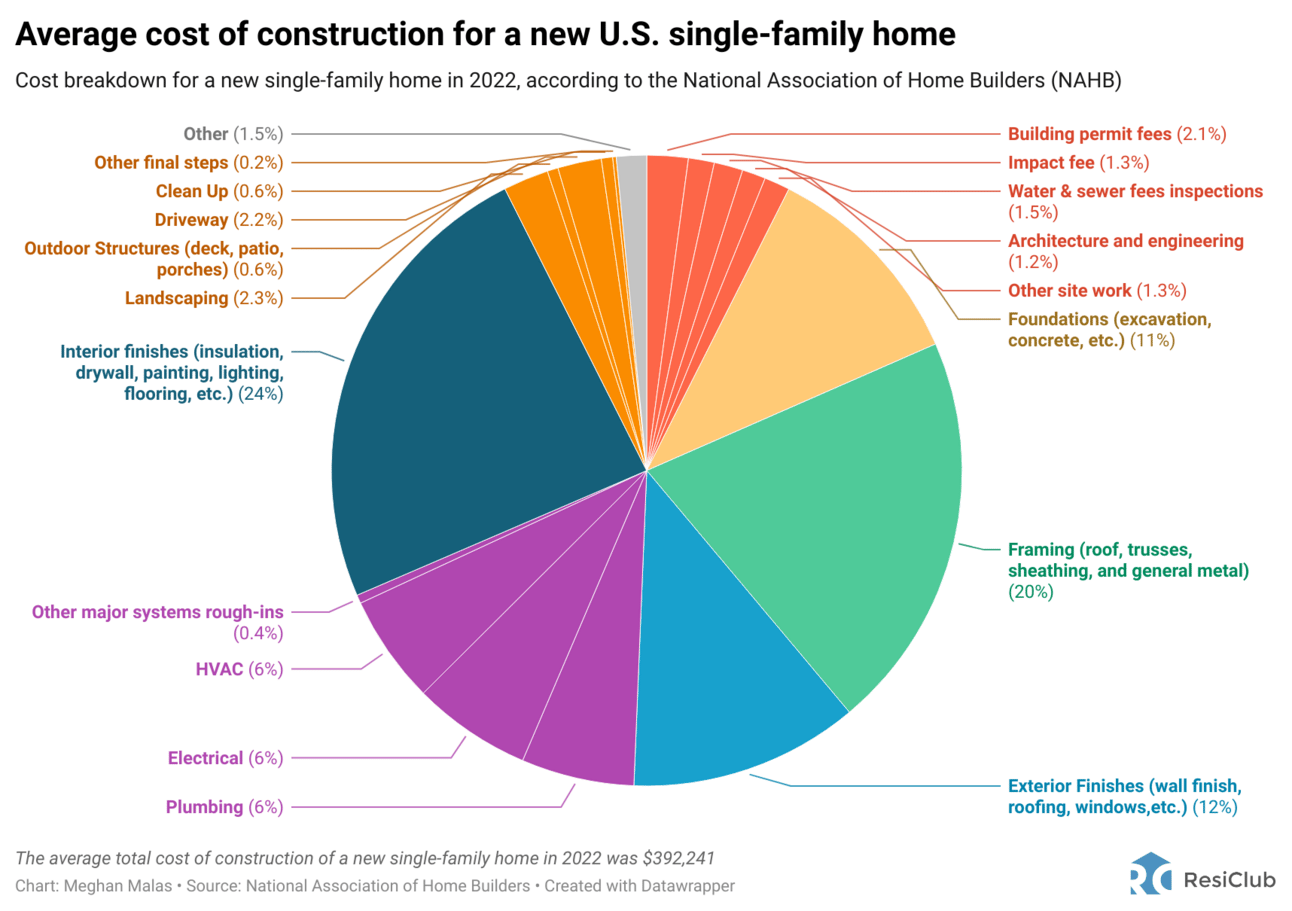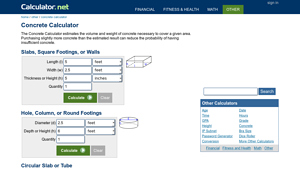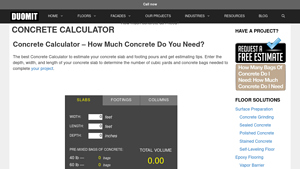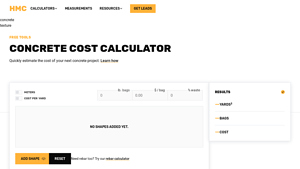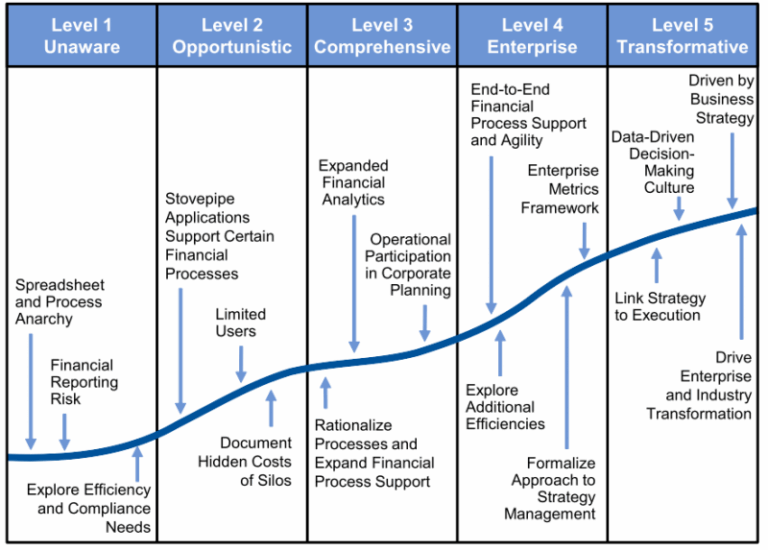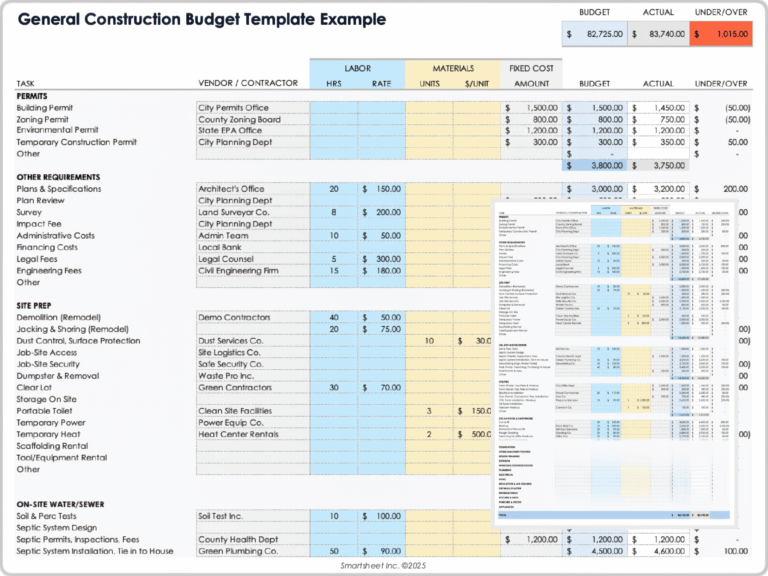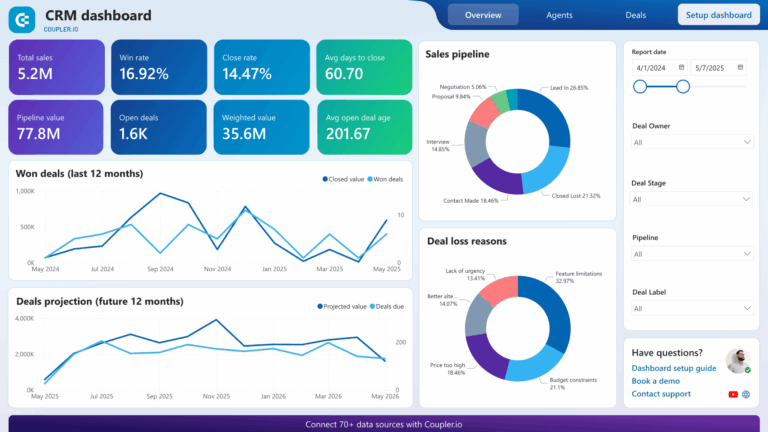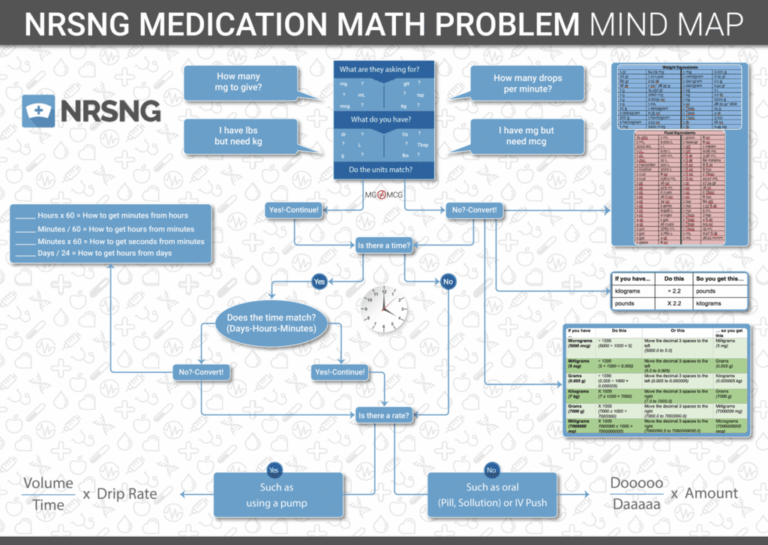Free Concrete Price Calculators: Our Top 5 Picks for 2025
Finding the Best Concrete Price Calculator: An Introduction
Finding an accurate and reliable concrete price calculator can be a daunting task for anyone undertaking a construction or DIY project. With so many options available online, it’s easy to feel overwhelmed by the sheer volume of tools and varying features. Whether you’re a seasoned contractor or a first-time homeowner looking to pour a new patio, you need a calculator that not only provides accurate estimates but also simplifies the decision-making process.
The Goal of This Article
This article aims to review and rank the top concrete price calculators available online, saving you valuable time and effort. We understand that accuracy is paramount when it comes to calculating the amount of concrete needed for your project, as underestimating can lead to delays and additional costs. Our goal is to guide you through the best options, helping you select a calculator that meets your specific needs.
Criteria for Ranking
In our evaluation, we considered several key criteria to ensure that you receive the most reliable recommendations. Accuracy is our top priority; we looked for calculators that provide precise volume and weight estimates based on user inputs. Ease of use is another critical factor; the best calculators should have intuitive interfaces that allow users to input measurements quickly and easily. Additionally, we assessed the features offered by each tool, such as the ability to calculate costs based on local pricing, the option to save calculations, and support for various shapes and dimensions.
By taking these factors into account, we aim to present you with a curated list of the best concrete price calculators, ensuring you can make informed decisions for your upcoming projects.
Our Criteria: How We Selected the Top Tools
Key Criteria for Selecting the Best Concrete Price Calculators
When evaluating the top concrete price calculators, we considered several essential factors to ensure that users can find a reliable and effective tool for their projects. The following criteria were instrumental in our selection process:
-
Accuracy and Reliability
– The primary function of any calculator is to provide accurate estimates. We prioritized tools that utilize established mathematical formulas for calculating concrete volume and cost, ensuring users receive reliable results. This includes checking how well these calculators handle various shapes and dimensions, such as slabs, columns, and footings. -
Ease of Use
– A user-friendly interface is crucial for accessibility, especially for those who may not be familiar with construction calculations. We looked for calculators that have straightforward input fields, clear instructions, and intuitive navigation. Tools that minimize the complexity of inputting measurements and interpreting results were favored. -
Key Features
– Comprehensive features enhance the functionality of a calculator. We evaluated tools based on the variety of inputs they allow, such as:- Length, width, and depth measurements in multiple units (feet, inches, meters, etc.)
- Options for different concrete forms (e.g., slabs, columns, circular tubes)
- Ability to factor in waste percentages to account for spillage or miscalculations
- Calculation of the number of concrete bags required based on varying bag sizes (40 lb, 60 lb, 80 lb)
- Additional cost estimation features that provide users with a breakdown of expenses based on local pricing.
-
Cost (Free vs. Paid)
– The availability of free tools is a significant factor, as many users prefer not to incur additional costs. We considered whether the calculators offered comprehensive features without requiring payment. However, we also noted any premium features that might justify a paid option, ensuring users can weigh the benefits against the costs.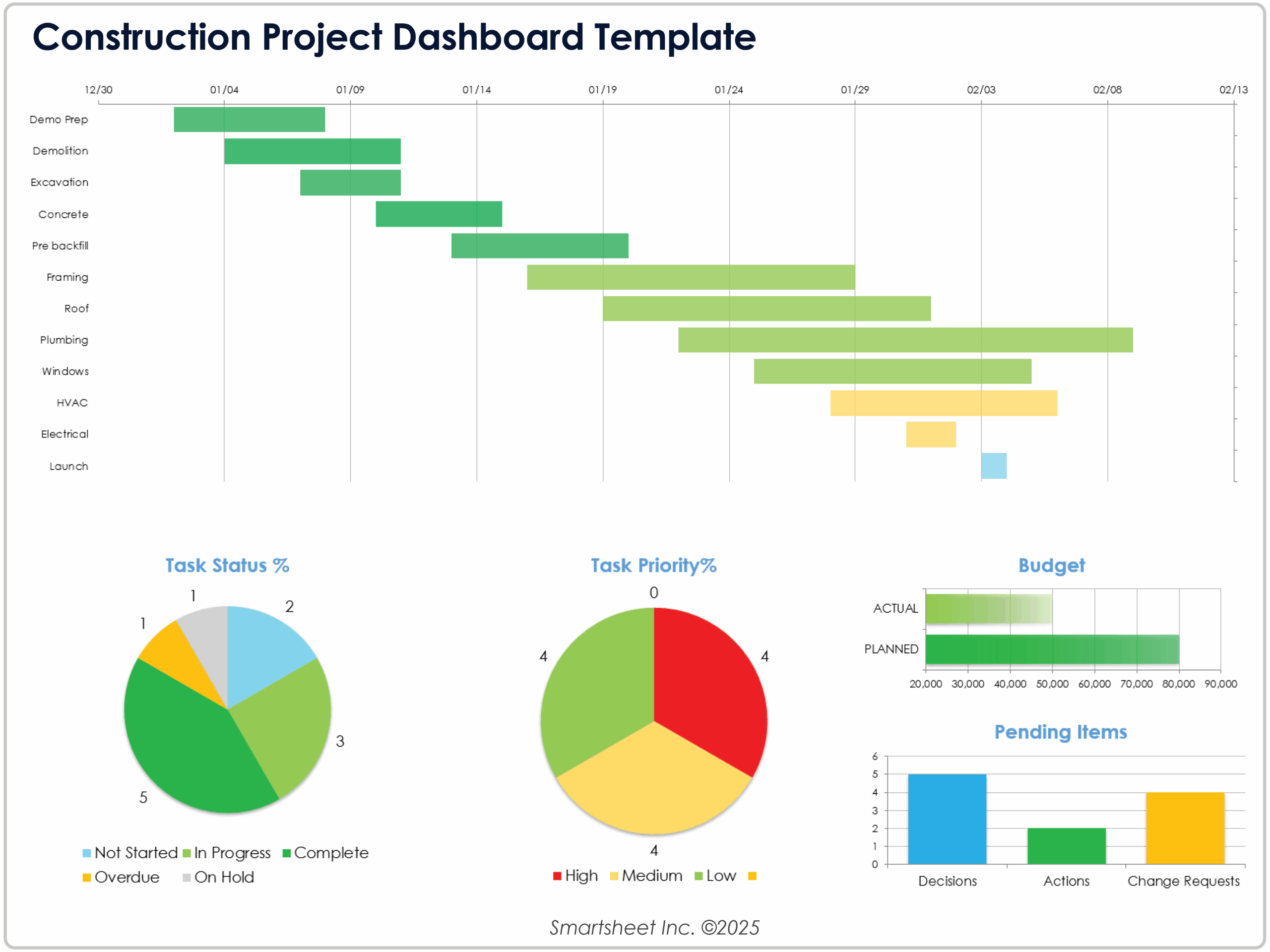
-
Mobile Compatibility
– In today’s digital age, having a mobile-friendly or app-based option is essential. We assessed whether the calculators could be easily accessed on smartphones and tablets, allowing users to calculate their concrete needs on-site without the need for a computer. -
Additional Resources and Support
– Tools that provide extra resources, such as guides on estimating concrete costs, tips for purchasing, or links to local suppliers, were highly valued. Having access to informative content can significantly enhance the user experience and aid in decision-making. -
User Reviews and Ratings
– Finally, we considered user feedback and ratings to gauge the overall satisfaction and reliability of each tool. Positive reviews can indicate a calculator’s effectiveness, while constructive criticism can highlight areas for improvement.
By focusing on these criteria, we aimed to provide a curated list of concrete price calculators that not only meet the diverse needs of users but also enhance their project planning experience.
The Best Concrete Price Calculators of 2025
1. Concrete Calculator
The Concrete Calculator from calculator.net is a user-friendly tool designed to help users accurately estimate the amount of concrete needed for various construction projects. It accommodates different shapes and quantities, making it versatile for a range of applications. By providing precise calculations, this free tool simplifies project planning and helps prevent material waste, ensuring that users can budget effectively and achieve optimal results.
- Website: calculator.net
- Established: Approx. 27 years (domain registered in 1998)
2. Concrete Calculator
The Concrete Calculator by Duomit is an essential online tool designed to help users accurately estimate the amount of concrete needed for slab and footing pours. By simply entering the dimensions—depth, width, and length—users can quickly obtain precise calculations. The tool also offers valuable estimating tips, making it a practical resource for both DIY enthusiasts and professionals looking to streamline their concrete projects.
- Website: duomit.com
- Established: Approx. 10 years (domain registered in 2015)
3. Concrete Cost Calculator — How Much Will It Cost?
The Concrete Cost Calculator by HMC is a user-friendly tool designed to help homeowners and contractors estimate the cost of their concrete projects efficiently. By allowing users to input variables such as the number of bags, cubic yards, or project square footage, it provides accurate cost estimates tailored to specific project needs. This calculator simplifies budgeting and planning, making it an essential resource for anyone looking to undertake concrete work.
- Website: howmuchconcrete.io
- Established: Approx. 3 years (domain registered in 2022)
How to Get the Most Accurate Results
Double-Check Your Inputs
To ensure the most accurate calculations when using concrete price calculators, it is crucial to double-check all inputs before finalizing your estimates. Simple errors in measurements—such as entering the wrong dimensions for length, width, or depth—can lead to significant discrepancies in the amount of concrete needed. Always verify that you are using consistent units (feet, inches, yards, or meters) and that your measurements correspond accurately to the project specifications. Additionally, consider any irregular shapes that may require specific calculations, and take the time to break them down into simpler components if necessary.
Understand the Underlying Assumptions
Each calculator may operate under different assumptions regarding concrete density, wastage, and other factors. Familiarize yourself with these assumptions to interpret the results correctly. For instance, some tools may include a standard waste percentage (typically around 10%) to account for spillage or miscalculations, while others may not. If the calculator does not allow for waste adjustments, you may want to manually add this percentage to your final estimate. Understanding these nuances can help you make more informed decisions about your concrete needs.
Use Multiple Tools for Comparison
To gain a comprehensive understanding of your concrete requirements and costs, it’s beneficial to use multiple calculators. Different tools may provide varying results based on their algorithms or input parameters. By comparing outputs from several calculators, you can identify any discrepancies and arrive at a more accurate estimate. This approach not only helps validate your calculations but also allows you to explore different pricing options based on local market rates that calculators may reference differently.
Consider Local Pricing Variations
Concrete prices can vary significantly depending on your location, the current market demand, and the type of concrete you need. When using online calculators, ensure you input local pricing data whenever possible. Some calculators allow you to specify costs per bag or cubic yard based on local rates, which can lead to more accurate budgeting. If the calculator does not offer this feature, do some research on local suppliers or consult recent quotes to adjust the calculator’s default pricing to your specific area.
Account for Delivery and Labor Costs
While most online concrete calculators focus on the materials needed, they often do not include additional costs associated with delivery and labor. Be sure to factor in these expenses when finalizing your budget. Delivery fees can vary based on distance and quantity, and if you’re hiring contractors, labor costs will depend on the complexity of the job and local labor rates. Including these elements in your overall estimate will provide a more realistic financial picture for your concrete project.
Document Your Calculations
Keep a record of your calculations and the inputs used in each online calculator. This documentation can be invaluable if you need to revisit your estimates later or clarify any discrepancies with suppliers or contractors. Having a clear reference point will help you stay organized and ensure that you have all the necessary information at hand when discussing your project with professionals.
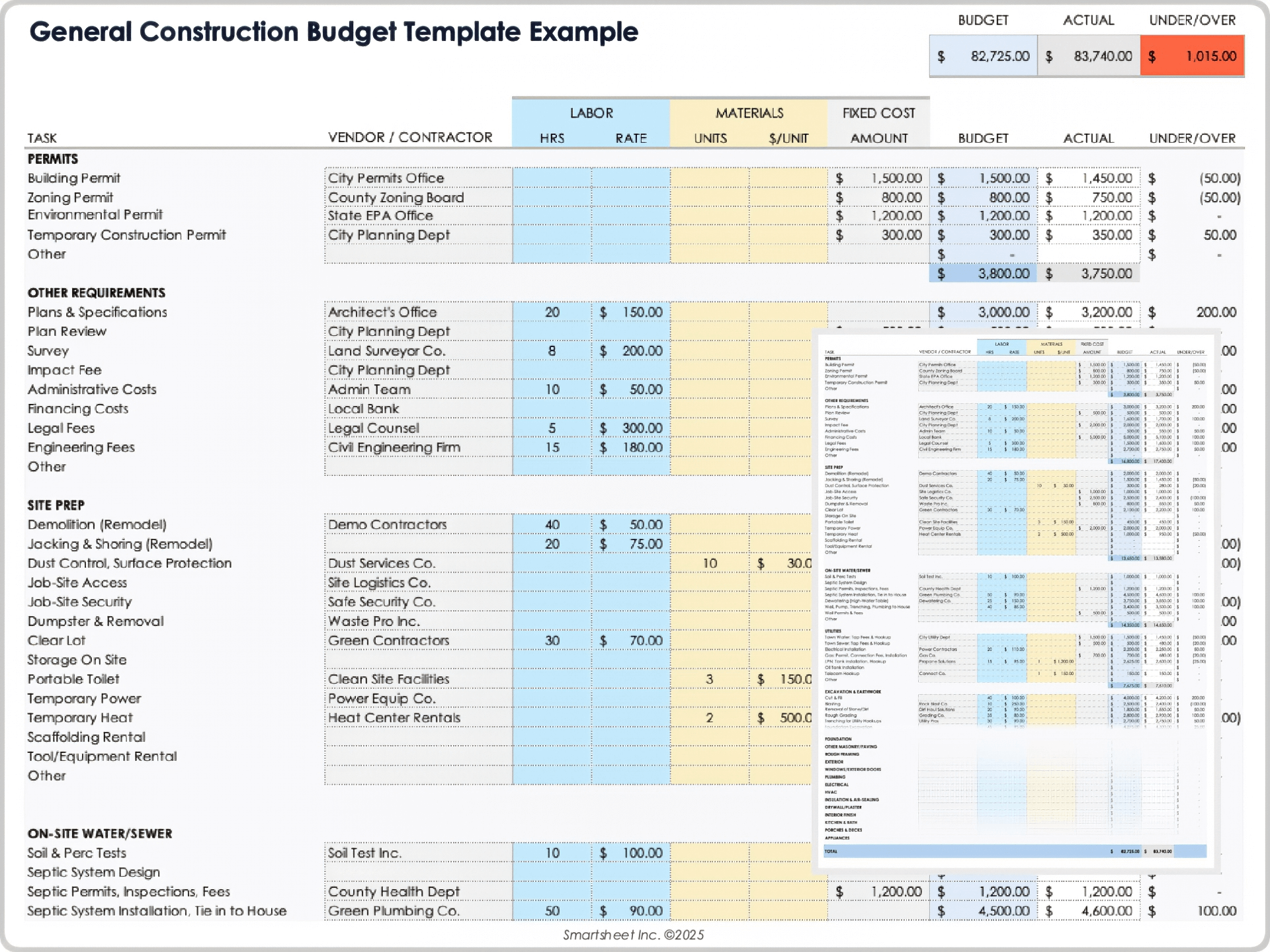
Frequently Asked Questions (FAQs)
1. What is a concrete price calculator, and how does it work?
A concrete price calculator is an online tool that helps users estimate the amount and cost of concrete needed for a specific project. Users typically input dimensions such as length, width, and depth of the area to be filled with concrete. The calculator then computes the total volume required, converting it into cubic yards or bags, and provides an estimated cost based on local prices for concrete.
2. Why is it important to calculate concrete costs before starting a project?
Calculating concrete costs beforehand is crucial for budgeting and planning. It helps prevent unexpected expenses by giving you a clear idea of how much concrete you’ll need and the associated costs. Additionally, having accurate estimates can aid in avoiding delays during construction caused by insufficient materials.
3. Can I use a concrete price calculator for different types of concrete projects?
Yes, most concrete price calculators are versatile and can be used for various types of projects, including slabs, footings, columns, and more. They allow users to select different shapes and dimensions, making it easy to calculate the requirements for multiple project types all in one tool.
4. What factors can affect the price of concrete?
Several factors can influence concrete prices, including the type of concrete (ready-mix vs. bagged), local market rates, delivery charges, and any additional materials needed, such as rebar or additives. Seasonal demand and regional availability can also impact pricing, so it’s advisable to check local suppliers for the most accurate estimates.
5. Is it advisable to order more concrete than calculated?
Yes, it is generally a good practice to order slightly more concrete than the calculated amount. This extra concrete can account for spillage, over-excavation, or miscalculations. Typically, ordering an additional 10% is recommended to ensure you have enough material to complete your project without interruptions.
Important Disclaimer
⚠️ Important Disclaimer
The information and reviews in this guide are for educational purposes only and are based on publicly available information. We are not affiliated with any of the tools mentioned. Features and pricing may change. Always conduct your own research before choosing a tool for your needs.
